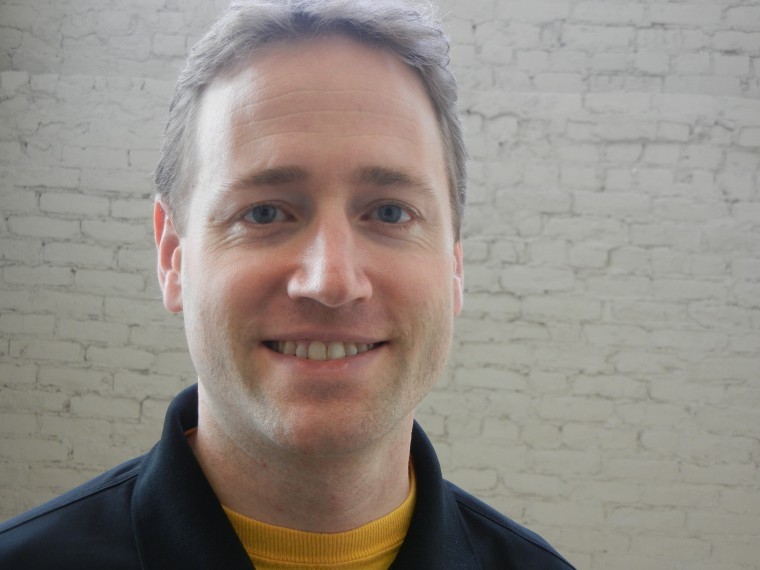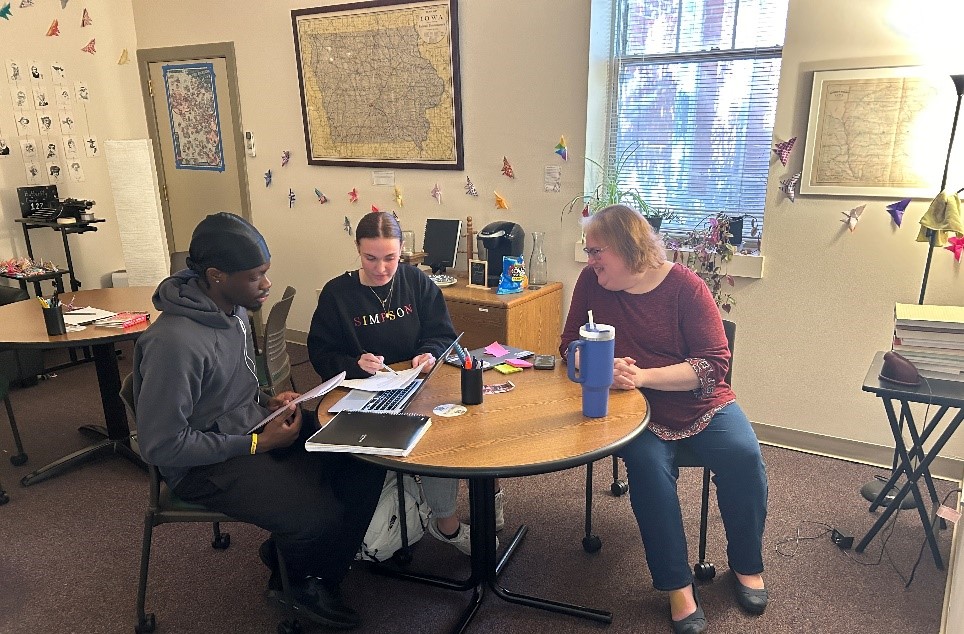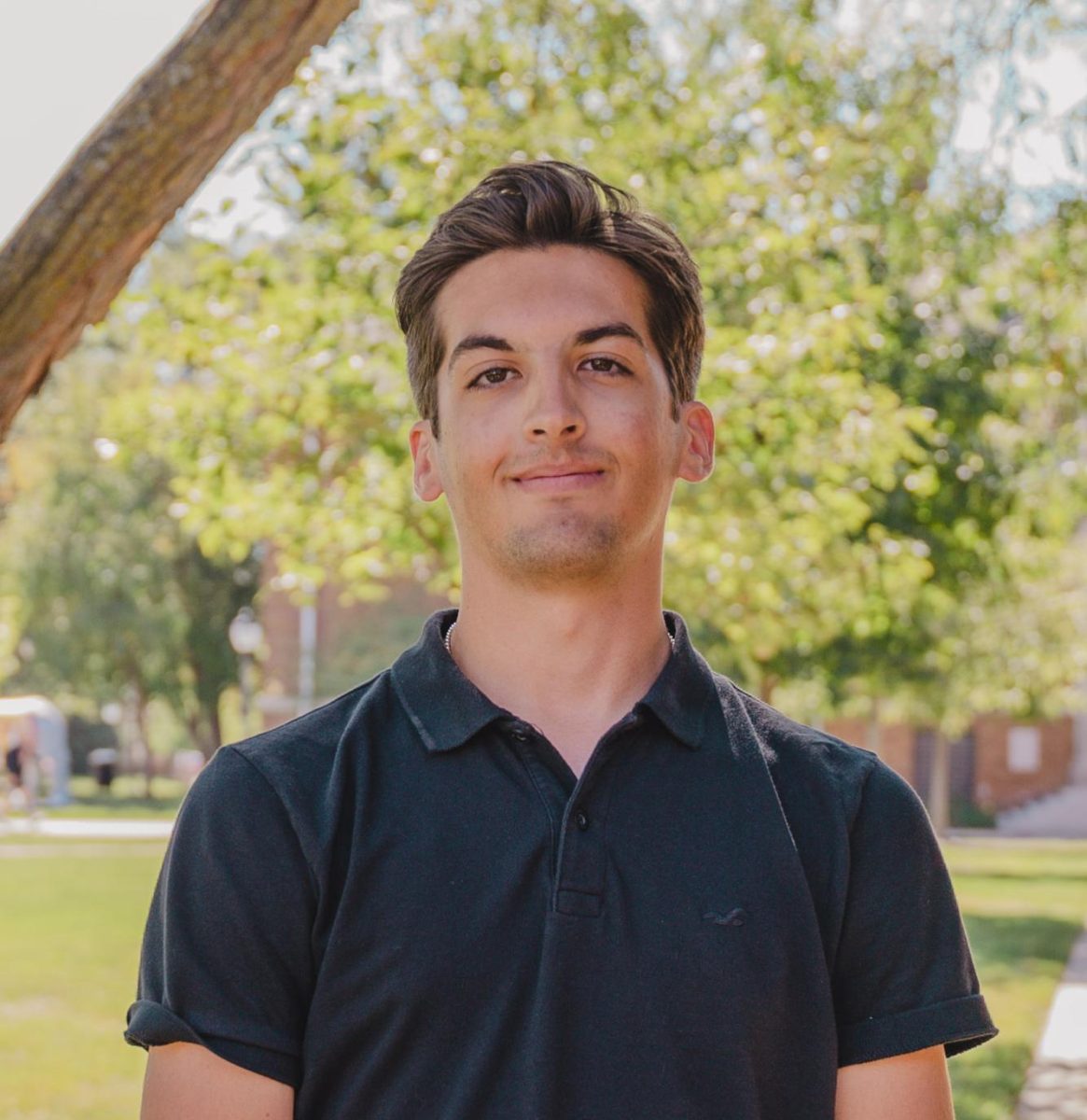Politicians cannot take youth vote for granted
November 29, 2011
Exactly four years ago, Simpson’s campus was abuzz with activity in the lead-up to the 2008 Iowa caucuses.
It was an exciting time for students, especially on the Democratic side where youth turnout (and newly registered voters) played a big role in Barack Obama’s narrow victory over Hillary Clinton.
Now, with the 2012 Iowa caucuses fast approaching, I am often asked about my views on the presidential race and the likely impact of younger voters. Who are young voters, politically? And how will they affect Iowa’s caucuses?
One key trend in recent years is the movement of the youth vote toward Democrats. A recent study by the Pew Research Center (“The Generation Gap and the 2012 Election”) shows Obama with a 26-point lead over potential Republican candidate Mitt Romney among 18-29 year olds.
This is a slight drop from Obama’s sky-high support among young voters in 2008, but still a commanding lead. Age is now one of the best predictors of partisanship.
In fact, the partisan gap between vote preferences of the youngest and oldest voters is the largest since 1972.
That being said, Obama can’t take the youth vote for granted. Only half of young Americans approve of Obama’s job performance (down more than 20 points), and just as many think Obama’s policies made the economy worse as think his policies made it better.
What do young voters care about?
The same issues most of us do. Jobs, the economy and the debt top the list of top priorities for every age group. Still, young voters are rapidly moving to left on several issues.
Young voters are twice as likely as senior citizens to favor same-sex marriage. Baby Boomers and seniors favor smaller over bigger government two to one, but youth are comfortable with bigger government.
Young voters’ views on immigration and the environment also lie closer to Democratic positions.
Young voters, however, are not universally liberal and in other ways break the mold of party politics.
Most young activists I know (in both parties) are intensely concerned with failure of leadership on the national debt. They see that every dollar we add to the $15 trillion national debt today is a staggering burden to future generations.
Young voters are also very supportive of reforms to entitlements like Social Security and Medicare.
What this all means for the 2012 Republican nomination is hard to decipher. In light of the trends just discussed, the youth vote is less a factor on the Republican side, particularly in Iowa.
Attend a local event or house party for the Republican “flavor of the month” (or try to find appeals to younger voters on candidates’ websites) and you will see what I mean.
Ron Paul has a core following on college campuses, but the rest of the field in Iowa – at least those actively campaigning – is to the right of the typical young voter on both economic and social issues.
Young independents and even Democrats can change party registration and vote in a precinct caucus on Jan. 3, but I doubt very many have a reason to do so.
Here are two predictions. First, given the ideological gap between young voters and the Republican field, I won’t be surprised if Ron Paul or Mitt Romney win this age group in exit polls on Jan. 3.
Second, if the Republican Party does not adapt its positions and appeals to target young voters very soon, it will lose a generation for good; party affiliation is set in stone by the time voters reach their late twenties.
If you want to learn more, watch for an email during finals week with a link to our 2012 Simpson Survey report, which studied these issues in detail among Simpson students and faculty.
I strongly urge Iowans interested in the Republican nomination to register to vote in the January 3 Iowa caucuses in their hometowns.
In Iowa, same-day registration (to newly register or change party registration) is available as long as you have a photo ID and proof of residency.
Kedron is an associate professor of political science and chair of the political science department. He graduated from Augustana College in 1996 and received his doctorate degree from the University of Iowa in 2002.






